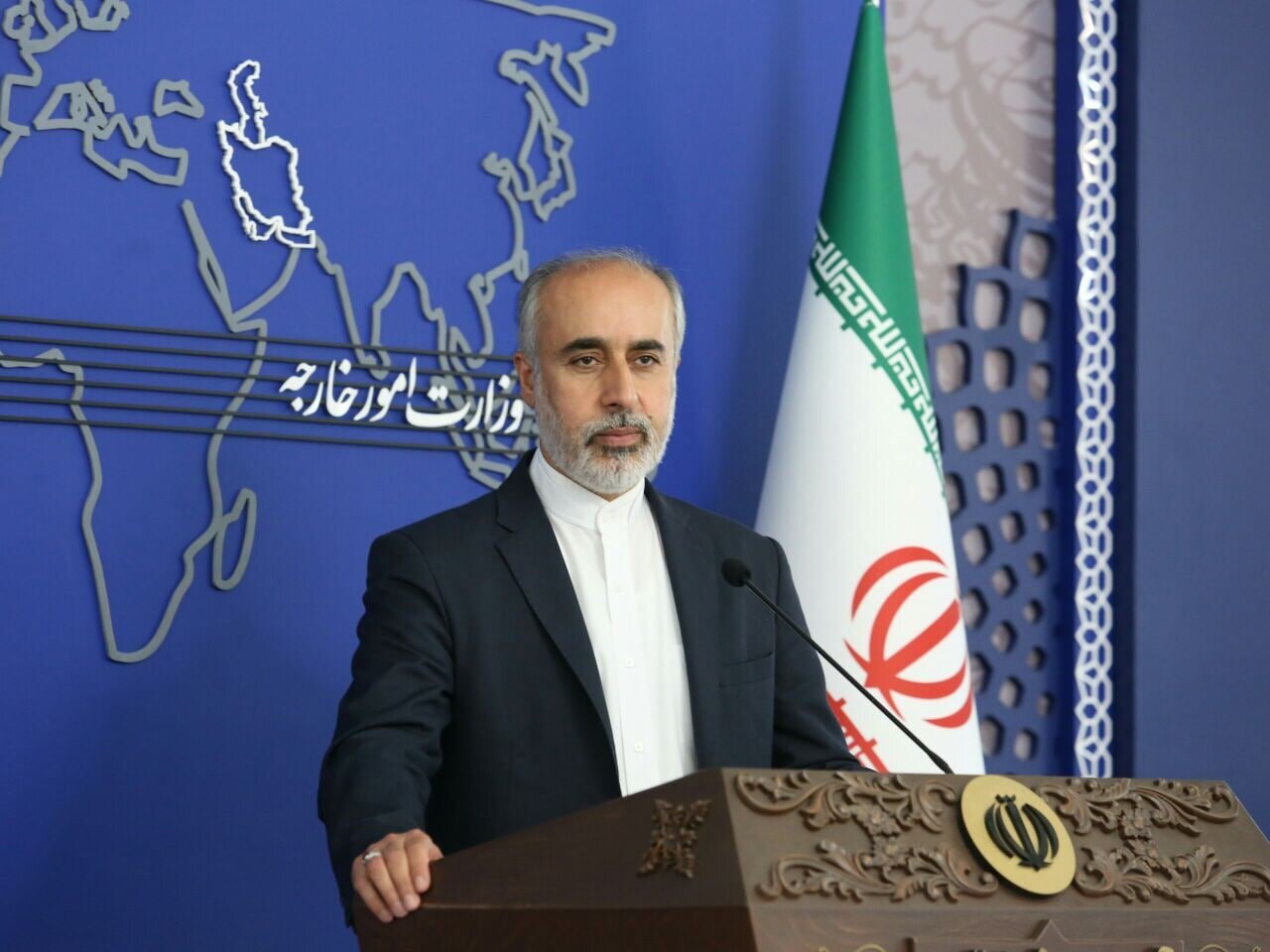Iran rejects U.S. claims of election interference, calls accusations ‘groundless’

TEHRAN – Iran has strongly dismissed recent accusations from the U.S. administration, which alleged that Tehran is attempting to interfere in the upcoming 2024 US presidential election.
Iran’s foreign ministry spokesperson, Nasser Kanaani, responded to the U.S. accusations, categorically rejecting them as part of a larger pattern of political maneuvering within the United States. "Once again, we consider these allegations to be hackneyed, baseless, and designed to serve domestic political purposes in the US," Kanaani said in a statement on Friday.
He went on to criticize the U.S. for deflecting attention from its internal political and social challenges by blaming external forces.
Kanaani further argued that the United States, which has a well-documented history of interfering in the internal affairs of other nations, was attempting to distract from its own domestic crises by casting blame elsewhere. "The U.S. government, which leads illegal interference in the internal affairs of independent nations and has a long record of destructive measures, cannot escape accountability for its own problems by making accusations against others," he said. He accused Washington of trying to cover up its history of extrajudicial actions and intervention in other countries' internal affairs.
These accusations follow remarks from U.S. intelligence agencies, including the FBI, the Office of the Director of National Intelligence, and the Cybersecurity and Infrastructure Security Agency (CISA), which jointly alleged last month that Iran was conducting cyber and influence operations aimed at targeting political campaigns and the broader American public.
This year’s presidential race, set for November, is expected to see a contest between former President Donald Trump and Democratic candidate Kamala Harris, with polls currently showing Harris holding a slight edge.
Iran condemns U.S. seizure of Venezuelan president’s plane
In another statement published on Friday, Kanaani strongly criticized the United States for seizing a plane belonging to Venezuelan President Nicolas Maduro, calling the move "unacceptable" and a clear violation of international law.
The plane, a Dassault Falcon 900EX, was seized by US authorities after being flown from the Dominican Republic to Florida. The US Justice Department claimed the aircraft was purchased in violation of American sanctions imposed on Venezuela.
Kanaani denounced the U.S. action as a unilateral and coercive move that breaches international legal norms. "This act by the United States contradicts international law and promotes chaos, posing a risk to aviation safety and security," Kanaani stated. He stressed that the seizure not only undermines global aviation rules but also violates the sovereignty of nations by disregarding the immunity of their assets, as outlined in international agreements such as the Chicago Convention on International Civil Aviation.
Kanaani reiterated Tehran’s full support for Venezuela's efforts to protect its public property, condemning the seizure as a dangerous precedent. He emphasized that Iran views this US action as a direct contravention of established international regulations and a blatant disregard for the legal rights of sovereign states. The Iranian spokesman also urged greater global cooperation to counter US sanctions and unilateral actions, calling on the international community to stand united against such coercive measures.
This incident is the latest chapter in the strained relationship between the US and Venezuela, which has been marked by ongoing sanctions against the government of President Maduro. Since November 2019, US-led sanctions have caused economic turmoil in Venezuela, pushing inflation to a staggering 4,000 percent. The sanctions, targeting Venezuela's oil sector and other industries, were intended to isolate the Maduro government but have primarily exacerbated the country's economic crisis.
Iran and Venezuela, both subject to U.S. sanctions, have strengthened their ties in recent years, collaborating in various sectors to counteract the impact of the economic measures. In June 2022, the two countries signed a 20-year cooperation agreement during Maduro’s visit to Tehran. This agreement focused on energy cooperation and other areas of mutual interest, demonstrating the deepening alliance between the two nations in the face of shared adversity.
President Maduro, who succeeded his mentor Hugo Chavez in 2013, was re-elected in 2018 amid heavy opposition from the US and its allies, who questioned the legitimacy of the election. Despite US efforts to oust him, Maduro has remained in power, with support from key allies like Iran, Russia, and China.
The recent seizure of his plane marks another escalation in the U.S.-Venezuela standoff and adds to the long list of tensions between Washington and Caracas. Iran’s condemnation of the act underscores the broader geopolitical struggle between nations resisting U.S. influence and those enforcing sanctions. As Iran and Venezuela continue to solidify their cooperation, both countries are likely to push back more aggressively against U.S. policies that they see as illegal and harmful to global stability.
